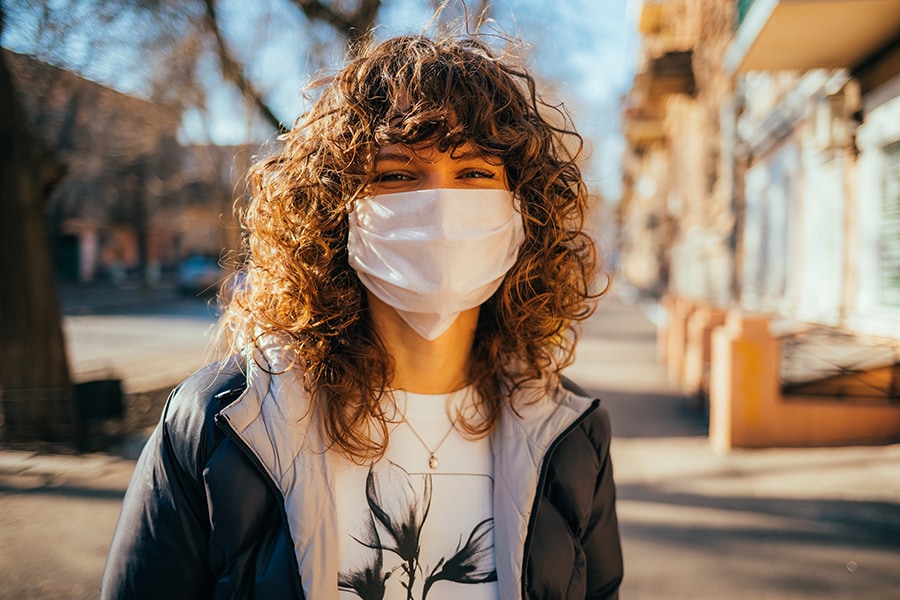
Mask-wearing: Not just to protect from Covid-19 but also a tool to cope with social anxiety
Used mainly as a tool to fight against air pollution, the spread of covid-19, the protective accessory was also found helpful for another reason, with many finding it helped assuage social anxiety and protected wearers from the gaze of others
 Image: iprogressman / Getty Images
Image: iprogressman / Getty Images
Mask-wearing mandates, particularly for outside locations, have been loosened or dropped in many locations in the past month. While Israel and US states dropped mask-wearing in many contexts earlier this year, France followed suit last week and Italy is the latest to lift outdoor mask-wearing restrictions this week. However, this accessory, which has been with many of us for nearly a year now, is still far from having disappeared from the urban landscape.
Some continue to wear the mask out of fear of getting infected or for fear of infecting others, a risk that is about 1% outside according to the NY Times. For others who want to continue wearing it, its function is more surprising: to mask—literally—their emotions and to protect them from the gaze of others. A quality that many who suffer from anxiety disorders would understand. According to the Anxiety and Depression Association of America, around 7% of US adults are affected by this social phobia, "characterized by extreme fear or anxiety in one or more social settings," as described by Mental Health America. And women are more affected than men.
A sense of freedom
"With temperatures on the rise, it's not pleasant to wear a mask, yet it's essential for me." For Caroline, this accessory has become a "must have" in her wardrobe and she always has one in her handbag. "It allows me not to think about my appearance. If I want to sulk, no one will see it," confides the company lawyer. "I no longer have that social pressure to smile all the time. It's a feeling of freedom. Thanks to the mask, the young woman feels "in phase with her actions" and "questions herself less about her gestures and movements."
It's a similar story for Marie. The 29-year-old views it as protection against street harassment. "Since I've been wearing the mask, I'm approached much less."







